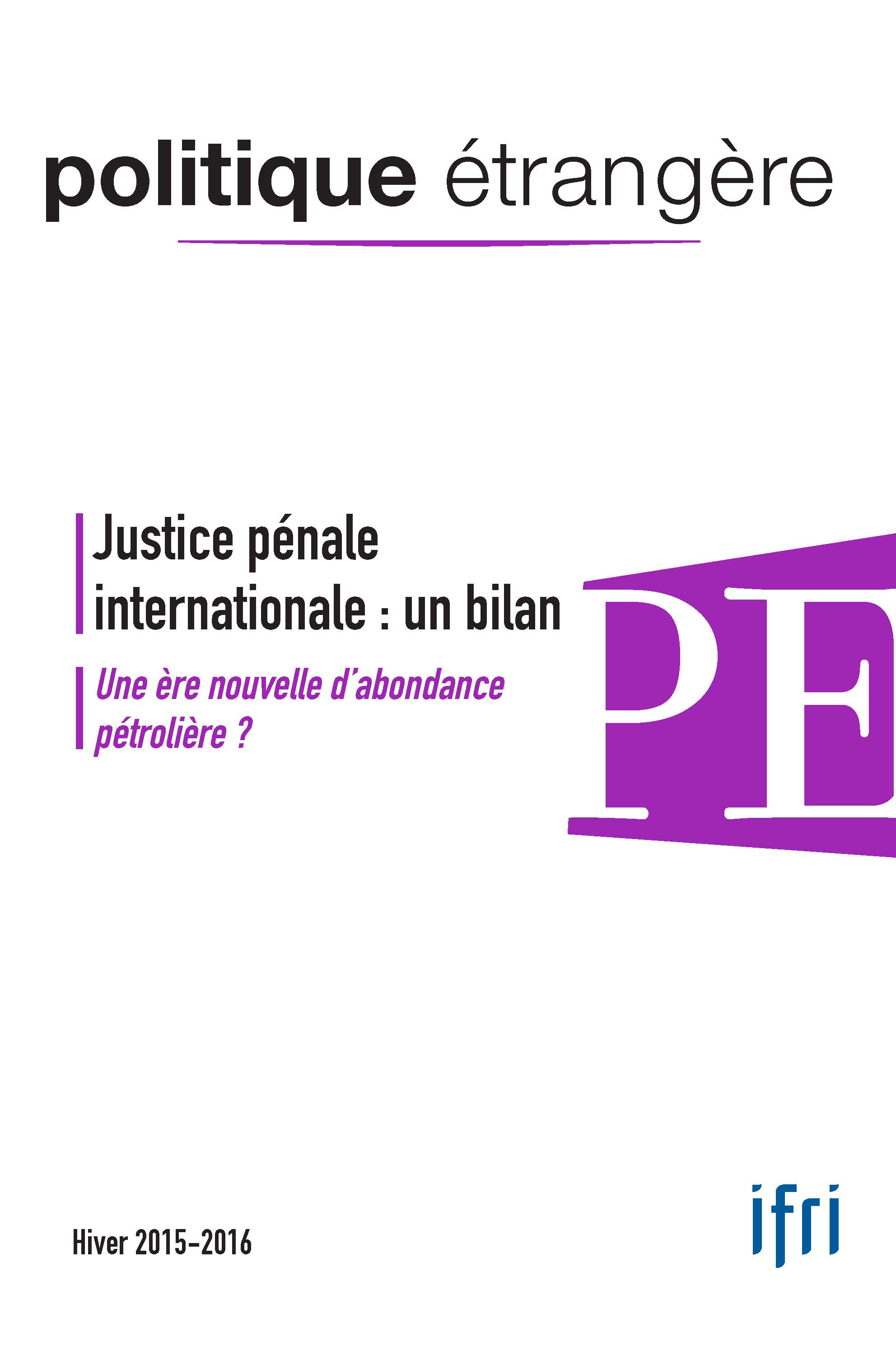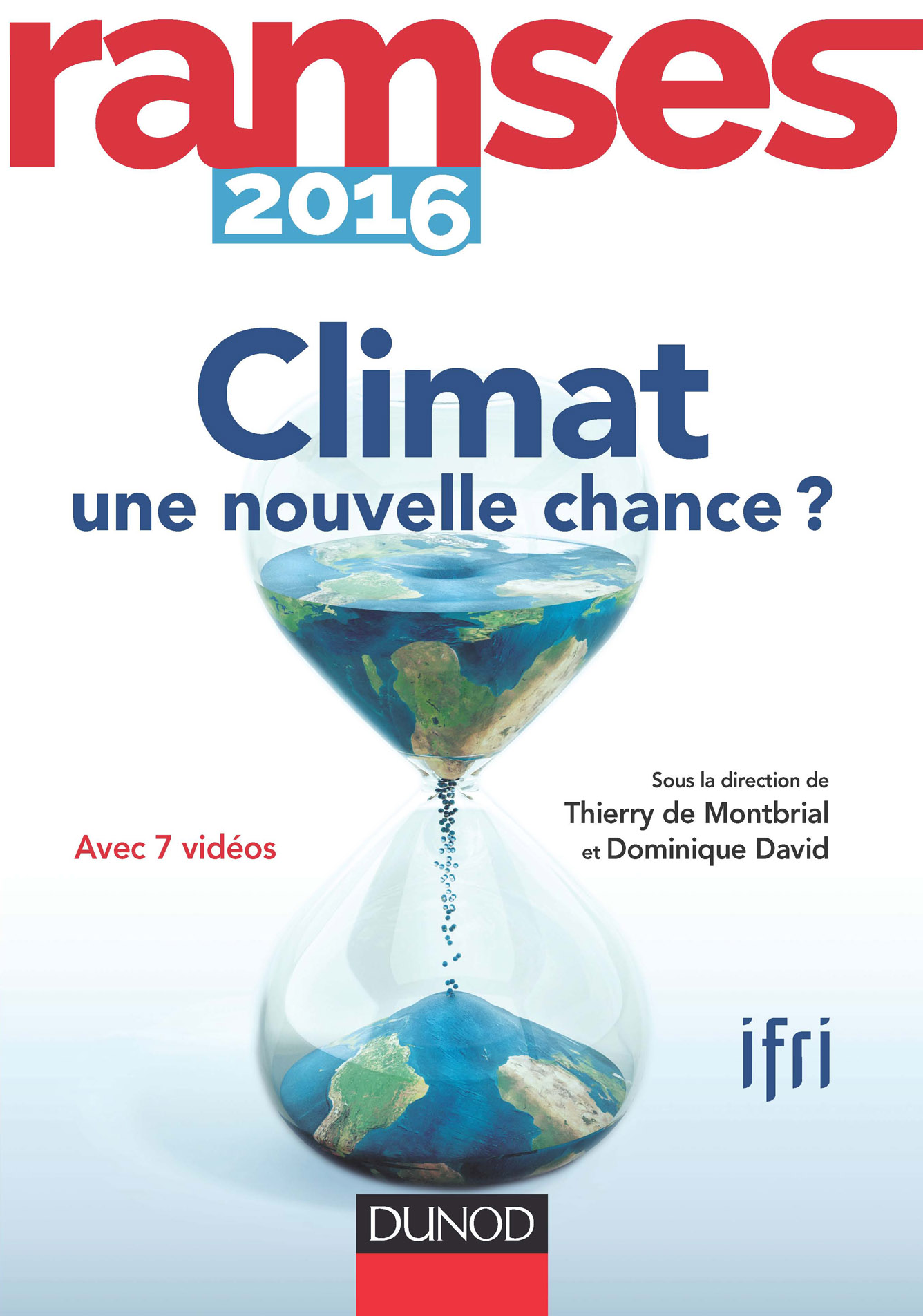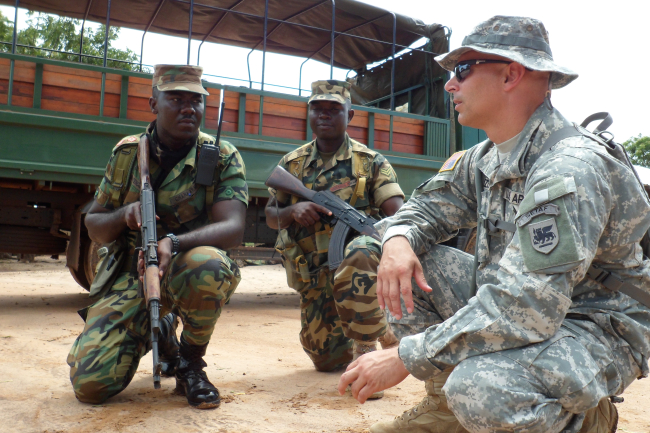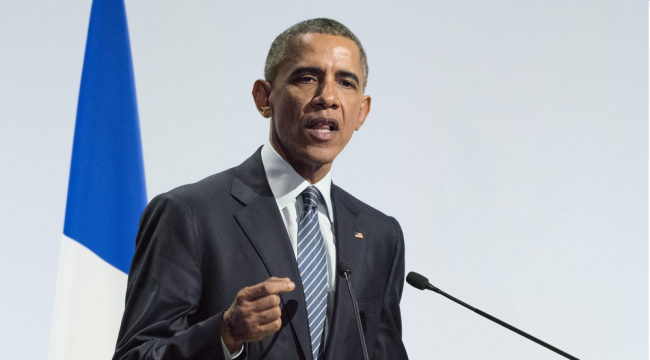La Sentinelle égarée ? L’armée de Terre face au terrorisme
The 2015 terror attacks in France and the ensuing activation by the Ministry of Defense of its homeland protection plan opened a new phase in the long history of the French Army’s involvement in internal security.

Middle East, the new "Great Game"
Will a divided Middle East become the center of a new “Great Game”? The world’s global powers are aligned in it: the United States, falsely tempted by retraction; Russia, establishing its position in an unexpected state of play, France, destabilized by the contradictions of its own policy… In addition are tussles for regional hegemony between Iran, Turkey, and Saudi Arabia.
Robust Containment: French and US Security Policies in Africa
Although the United States is less active in Africa than France, their security policies on the continent often have shared objectives and are sometimes pursued jointly. While the urgency of humanitarian crises has been at the centre of foreign interventions for a long time, now it tends to give way to the terrorist threat.
Après Paris et San Bernardino, le terrorisme dans le débat américain
Both the Paris attacks and the San Bernardino shooting reopened the wound of terrorism in the United States. Although President Obama has not shifted his stance or his strategy on the issue, public opinion is worried and populist rhetoric is ever more present in the campaign for the 2016 election.

De-radicalization and the Prevention of Radicalization in Germany, Great Britain and Denmark
To date, a few thousand Europeans have left Europe to join jihadi fighters in Syria and Iraq. Several hundreds of them have already returned. To deal with this phenomenon, some countries have developed radicalization prevention and de-radicalization programs.

Assessing the Achievements of International Criminal Justice / A New Era of Oil Abundance?
Born from the ashes of two world wars, the concept of international criminal justice took nearly half a century to become anchored in institutions and legal concepts that are independent of specific conflicts. The International Criminal Tribunal for the former Yugoslavia, that for Rwanda, and the creation of the International Criminal Court, among others, bear witness to the real progress made during the 1990s. This issue of Politique étrangère offers a series of articles that shed light on these achievements and their limits.

RAMSES 2016. Climat : une nouvelle chance ?
Written by Ifri's research team and its network of associates, the new RAMSES 2016 analyses geopolitics on a worldwide scale. The major theme of this 34th edition is Climate: A new chance? In addition, RAMSES 2016 tackles the insertion of Africa in globalization and the uncertainties of democracy today in post-industrial societies, but also in the South.

Terrorism and Counter-Radicalization: the Danish Model
There have only been two terrorist attacks in Denmark over the last thirty years: in 1985 and 2015. Other attacks have been prevented, notably those planned against the illustrators whose drawings of the prophet Mohammed were published in Jyllands-Posten.

Tunisia’s Armed Forces and Democratic Transition
Having reportedly helped topple Ben Ali, the Tunisian Armed Forces enjoy substantial support from the population.
Nigeria's 2015 Presidential Election: Deciphering a High-risk Operation
Nigeria is entering a new electoral cycle, holding its sixth general elections since the restoration of civilian rule in 1999. The elections were initially scheduled for February 14 (presidential elections) and 28 (governorship elections), 2015. The first round has now been postponed until March 28. The issue of the threat posed to Nigeria by Boko Haram is not, as one might expect, at the heart of the debate surrounding the presidential campaign in the country. Nevertheless, the peculiar security context in which the forthcoming elections will take place, as well as the changes under way in Nigeria's political landscape, make this vote unique. It is therefore essential to analyze the various issues at stake in the country's sixth general elections.
Support independent French research
Ifri, a foundation recognized as being of public utility, relies largely on private donors – companies and individuals – to guarantee its sustainability and intellectual independence. Through their funding, donors help maintain the Institute's position among the world's leading think tanks. By benefiting from an internationally recognized network and expertise, donors refine their understanding of geopolitical risk and its consequences on global politics and the economy. In 2025, Ifri supports more than 80 French and foreign companies and organizations.









